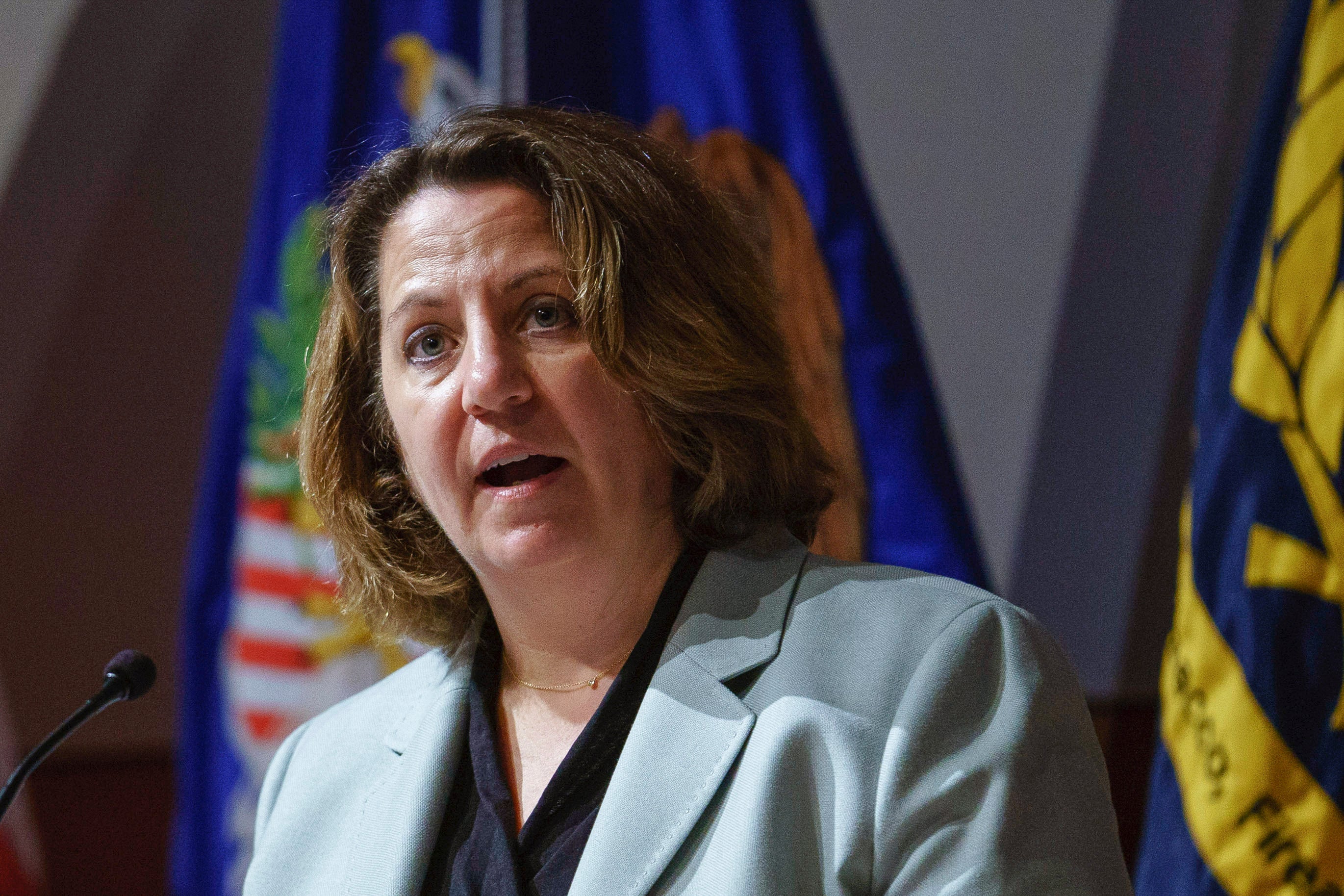US disrupts North Korean hackers that targeted hospitals
The FBI and Justice Department recently disrupted the activities of a hacking group that was sponsored by the North Korean government and that targeted U.S. hospitals with ransomware

The FBI and Justice Department recently disrupted the activities of a hacking group that was sponsored by the North Korean government and that targeted U.S. hospitals with ransomware, ultimately recovering half a million dollars in ransom payments, Deputy Attorney General Lisa Monaco said Tuesday.
Monaco revealed new details of the attacks during a speech in which she encouraged organizations hit by ransomware to report the crime to law enforcement, both so that officials can investigate and so that they can help victim companies try to get ransom payments back.
In this case, Monaco said, a Kansas hospital that paid a ransom last year after being attacked by ransomware also contacted the FBI, which traced the payment and identified China-based money launderers who assisted the North Korean hackers in cashing out the illicit proceeds. The FBI ultimately recovered half a million dollars, including the entire ransom payment from the hospital.
U.S. officials in 2021 scrambled to confront a wave of high-profile ransomware attacks — in which hackers encrypt or lock up a victim's data and demand exorbitant sums to return it — including against a crucial fuel pipeline on the East Coast. Though the pace of such large-scale, front-page attacks seems to have slowed, smaller targets — such as hospitals — continue to be affected.
This particular variant of ransomware, known as “Maui,” specifically targeted hospitals and public health organizations around the country.
Companies, she said, invariably ask why they should cooperate with law enforcement and what is in it for them.
“The answer is that if you report that attack, if you report the ransom demand and payment, if you work with the FBI, we can take action,” Monaco said at a speech at Fordham Law School. “We can follow the money and get it back; we can help prevent the next attack, the next victim; and we can hold cybercriminals accountable.”
Later Tuesday, FBI Director Christopher Wray and Gen. Paul Nakasone, the head of U.S. Cyber Command and the National Security Agency, were expected to speak about election security.
Bookmark popover
Removed from bookmarks